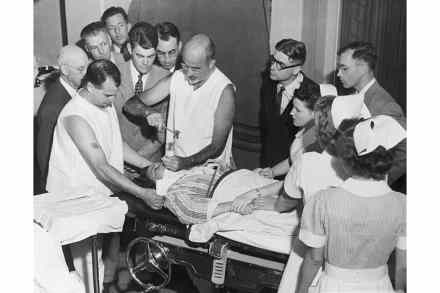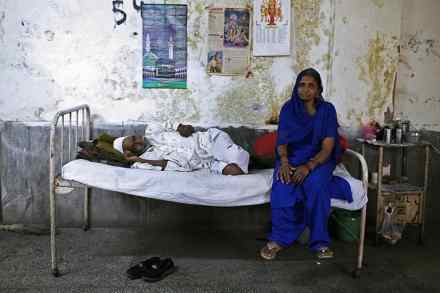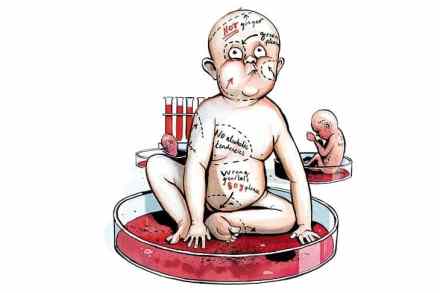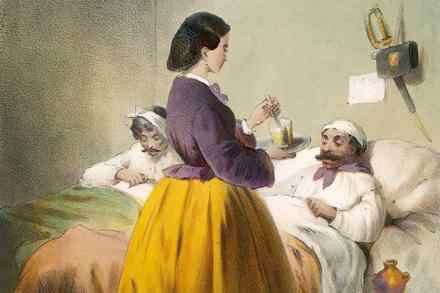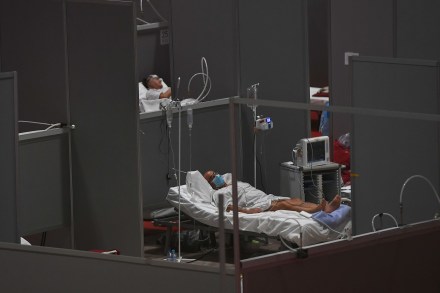The treatment of mental illness continues to be a scandal
There is much more desperation in this searching and enlightening history than there are remedies. Andrew Scull is a distinguished sociologist and scholar of psychiatry. He comes across as wise, sanguine and unsurprised by his findings in this survey of how American – for which also read British – psychiatry has understood and treated the insane, distressed and traumatised from 1820 to the present. His book, however, will leave readers who are unfamiliar with the story horrified and aghast. Since my own breakdown and sectioning in early 2019 I have been working with sufferers, social workers and psychiatrists on improving the understanding and treatment of mental distress. Members of the
